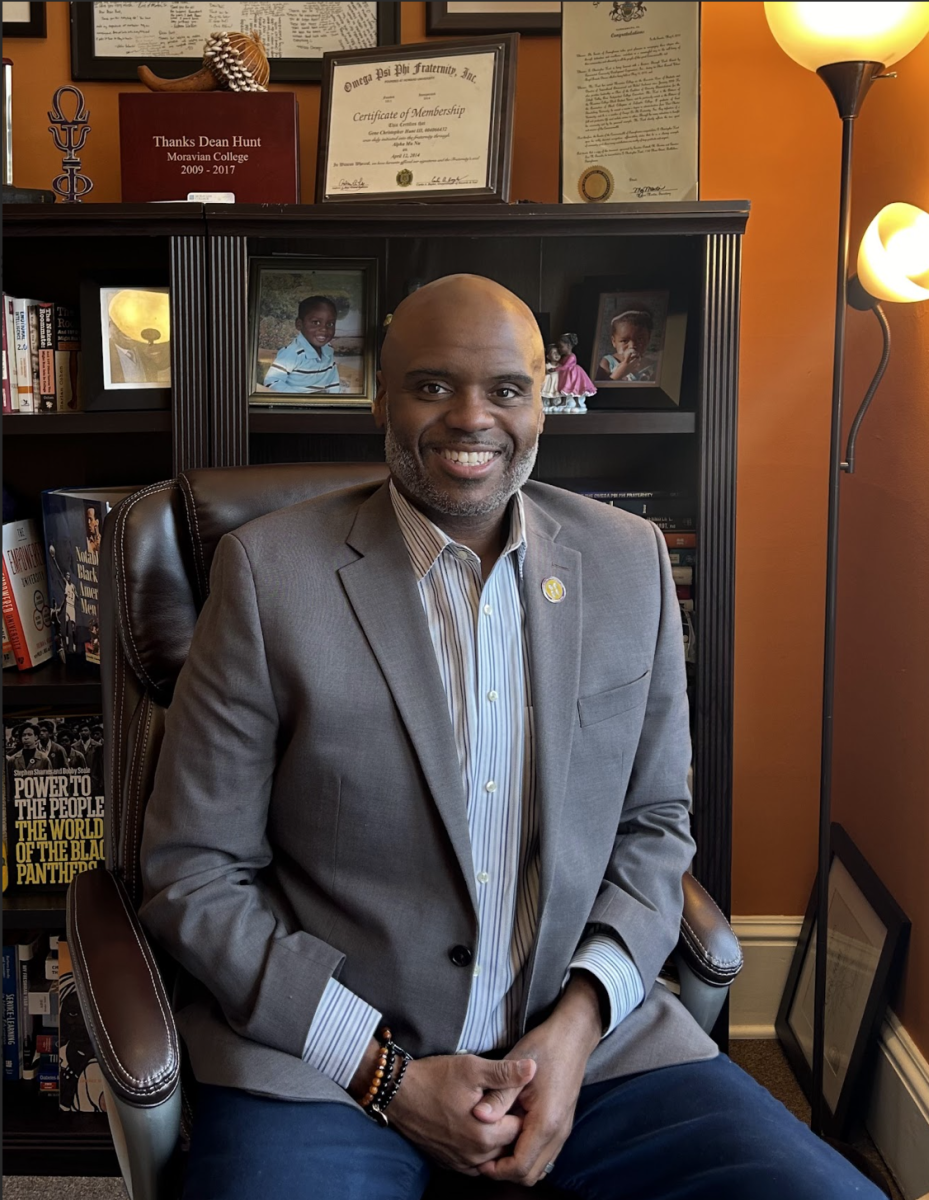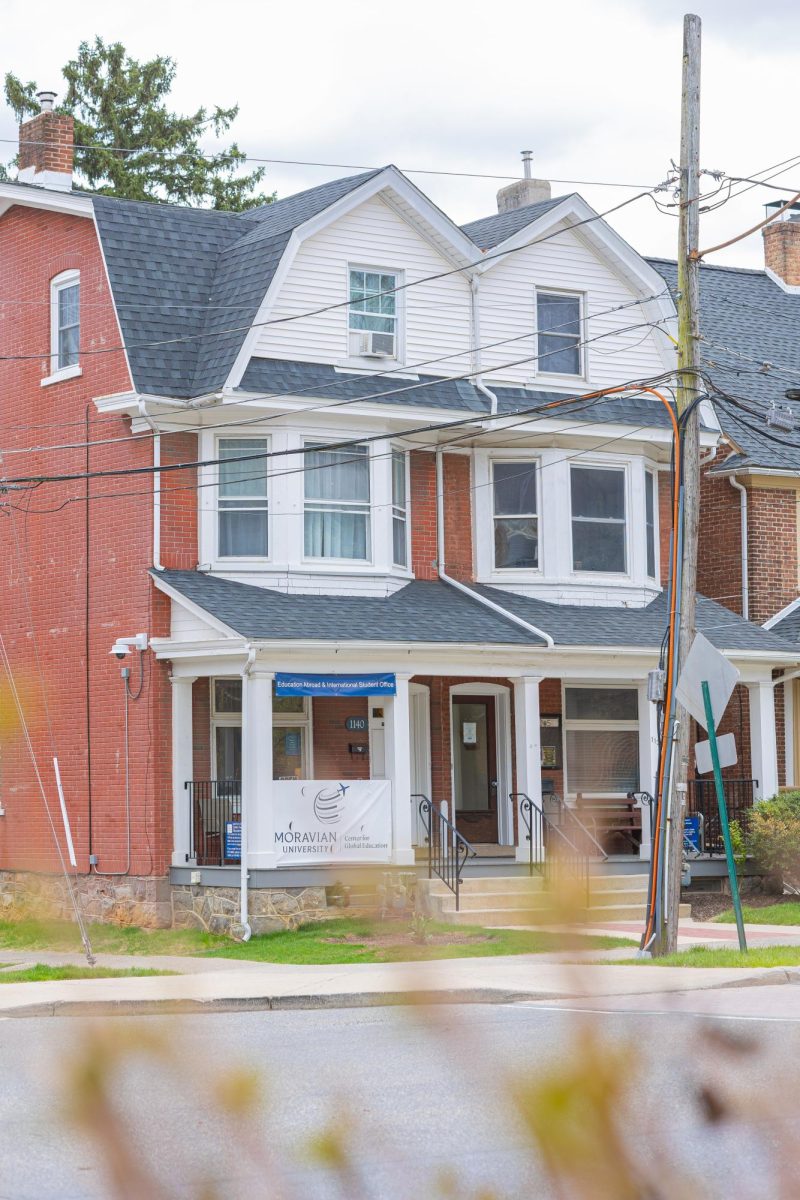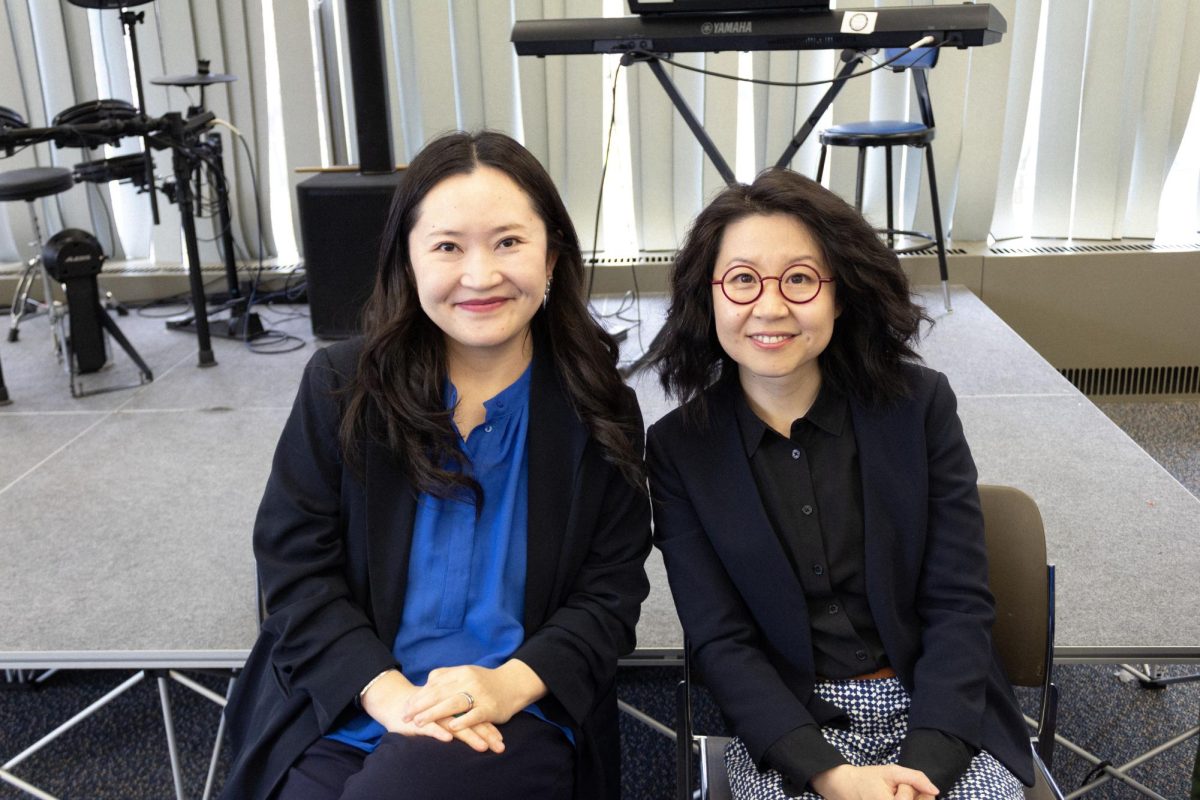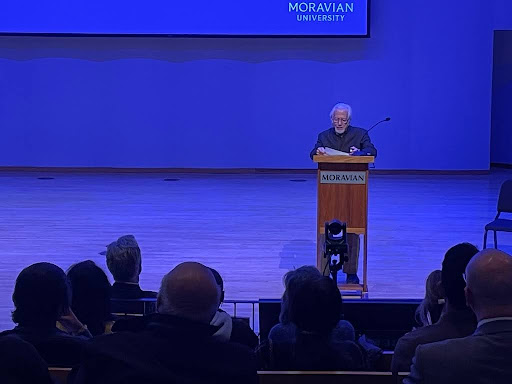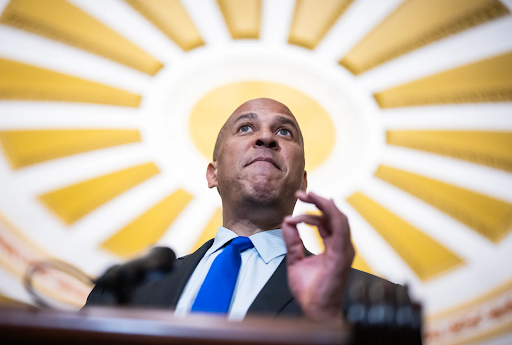On March 16 at 2 p.m., the Bethlehem Area Public Library on Church Street held a panel that addressed the challenges of “navigating cultural expression and censorship in the public sphere.” The panelists included local author and educator Robin Gow; Executive Director of Bethlehem Area Public Library Josh Berk; Director of the Martin Art Gallery of Muhlenberg College Dr. Jessica Ambler; and Moravian VP and Dean for Equity and Inclusion, formally known as Diversity, Equity, and Inclusion, Dr. Christopher Hunt.
Each panelist addressed a challenge unique to them about censorship.
Gow explained the difficulty he has in reaching a broader audience as a non-binary educator. Berk described his mission to “defend the right for materials to exist and be in the library.” Ambler faces many hurdles in finding a middle ground for a non-binary student’s art gallery to be displayed to the general public of Muhlenberg College. Hunt brought up the problems inherent in teaching history accurately in environments where history is being rewritten and whitewashed through the censorship of racial topics.
Each of the panelists then shared their experiences with censorship in greater detail. Together, they highlighted how difficult it can be to determine what materials and views can and can’t be shared in public spheres, as society continues to open up to diverse perspectives in art, history, and general media.
One audience member asked about how we can make a distinction between controversial and hateful content. “How can it be used as a learning experience?” Dr. Ambler asked in response. The rest of the panelists seemed to have the same concerns. They raised the questions of who created the work, what is being told from their perspective, and how sinister their motives are.
Another question was whether there should be limitations on what children have access to. The answers varied among panelists. Gow and Ambler had similar views; they believed there should be no limitations on what children have access to because children should be able to have open and healthy conversations about things they are curious about.
Hunt answered on the opposing side of the spectrum, expressing that children should be limited to certain media until a certain age. Berk felt that even with certain content being unrestricted, there are still ways of creating safe spaces for children.
Panelists were also asked about how they can deconstruct stigmas around certain topics in curricula, such as race and sex. “Take SOC 357,” Hunt quipped, referring to his Racial and Ethnic Inequality course. “It’s never too late to learn.”
Hunt stressed the importance of making an effort as an individual faculty member to teach history and other significant milestones in American history, starting by depoliticizing topics that have happened before, such as redlining.
Redlining is the practice of exempting residents of certain areas from qualifying for financial services, regardless of whether the residents meet qualifications. Redlined areas are determined based on the race and ethnicity of its population, mainly Black communities.
Redlining is not the only part of the country’s history that has been left out of what’s taught to students of America. Restriction on what history is being taught in schools limits the understanding that communities have about each other, according to Gow.
Gow also gave an interesting stance on the question: “History speaks for itself, and it depends on whether people are open to learning or quick to reject it.” The panelists stressed the importance of knowing your local history to better understand why the community functions the way it does.
This question sparked conversation among the audience as well, as a professor from an unidentified university stood to add his feedback. He suggested that compiling lists of materials that most people should consume, instead of ban lists, would be just as effective in promoting diversity and accurately teaching history.
Ultimately, the discussion revealed that there is no one solution to determining what’s appropriate for public consumption. The “solution” lies in finding a middle ground where two parties of opposing beliefs and standards can meet. It also lies in our perspectives as individuals with different life experiences and backgrounds that shape who we are and how we address difficult-to-have conversations.
It also makes us consider what we determine to be “tolerable” to display/teach and how we determine that. “Who’s story is being told and who is telling it?” an audience member asked us to keep in mind.
The panel provided a demonstration of healthy inter-community discussion. Not only were different perspectives considered and given their own platform to speak on, but the panelists and audience alike were allowed to build off of each other’s thoughts and ideas. In the end, everyone agreed that networking and knowledge of local history strengthen communities.


